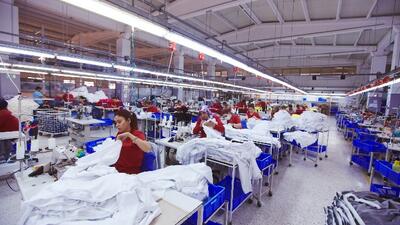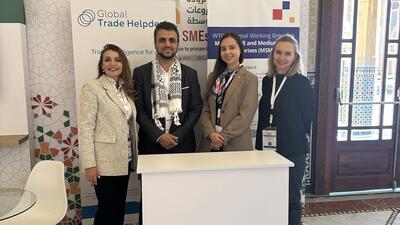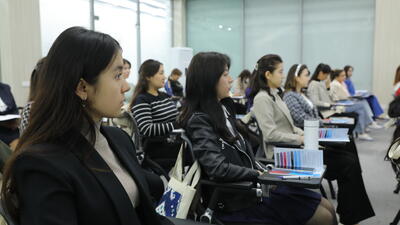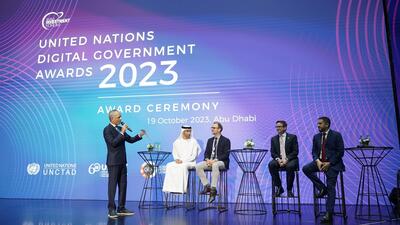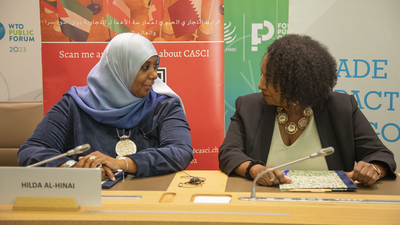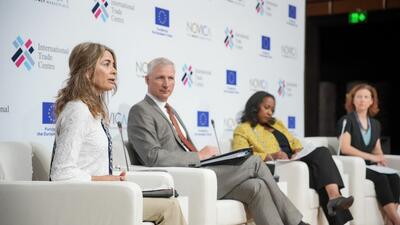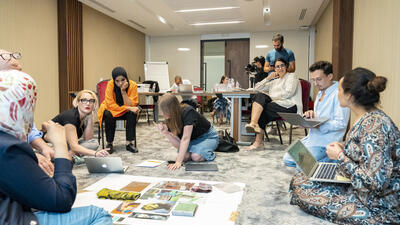
Green trade is no longer a choice
Green trade is no longer a choice, but an evidence -- An example of SECO’s work with ITC in the textile sector
The goal of the State Secretariat of Economic Affairs (SECO) in the area of trade promotion is to support producers in developing and emerging countries to integrate into global value chains.
It is widely accepted that globalization and free trade generate economic development and create jobs, but also bear risks including those related to climate-externalities.
In the absence of clear price signals reflecting the environmental costs of using fossil fuels or generating greenhouse gases, global value chains tend to remain transport- and energy-intensive.
At the same time, well-developed international trade system can help countries to cope better with the negative side of climate change, e.g. food shortage.
In its climate engagement, SECO focuses on the mitigation of greenhouse gas emissions by promoting resource efficient and cleaner production (RECP) processes or by working on CO2 pricing mechanisms. SECO also helps its partner countries to become more resilient and to adapt to the adverse effects of climate change.

A good example is the GTEX/MENATEX program for the textile and clothing (T&C) value chain, which is co-funded by SECO and implemented by ITC in different countries in Central Asia and the MENA region.
T&C is one of the most dynamic sectors in global trade and key for many developing countries in terms of employment, income generation as well as foreign exchange earnings. It thus represents a strong opportunity to fight poverty.
At the same time, the T&C industry accounts for an estimated 8% of the world’s greenhouse gas emissions*, in particular, at the dyeing and finishing stages. The growing demand for cheaper and lower quality clothing (“fast fashion”), together with the use of more synthetic materials has a strong impact on climate change.
If the pandemic has exacerbated the structural weaknesses of the T&C sector, the crisis has also accelerated avenues towards more sustainable and even circular production (more awareness of consumers for green and local conditions of production).
The GTEX/MENATEX contains different modules, the social and environmental ones being among the priority interventions. In the latter, almost 60 companies have benefitted of capacity building in RECP practices.
Recent results include:
- Reduction of electricity consumption by substituting ordinary with LED bulbs in working areas;
- A 40% reduction of energy costs through the installation of photovoltaic power station;
- Reuse of water by installing a wastewater treatment plant.
While the vast majority of companies embrace the move towards increased sustainability, they often struggle with more investment-intensive measures, which would require external funding. GTEX/MENATEX helps SMEs to reduce their environmental footprint by reducing resource consumption and by capacitating them to implement less costly measures.
In addition, the program also works with larger companies and facilitates contacts with green finance institutions that can assist in funding sound green investment plans.





